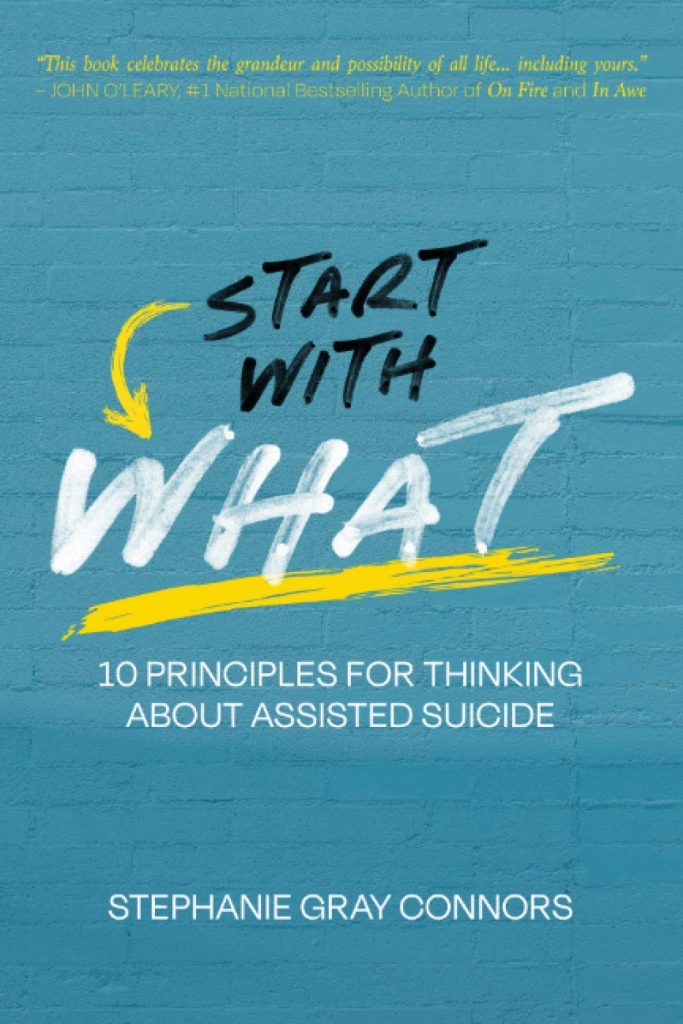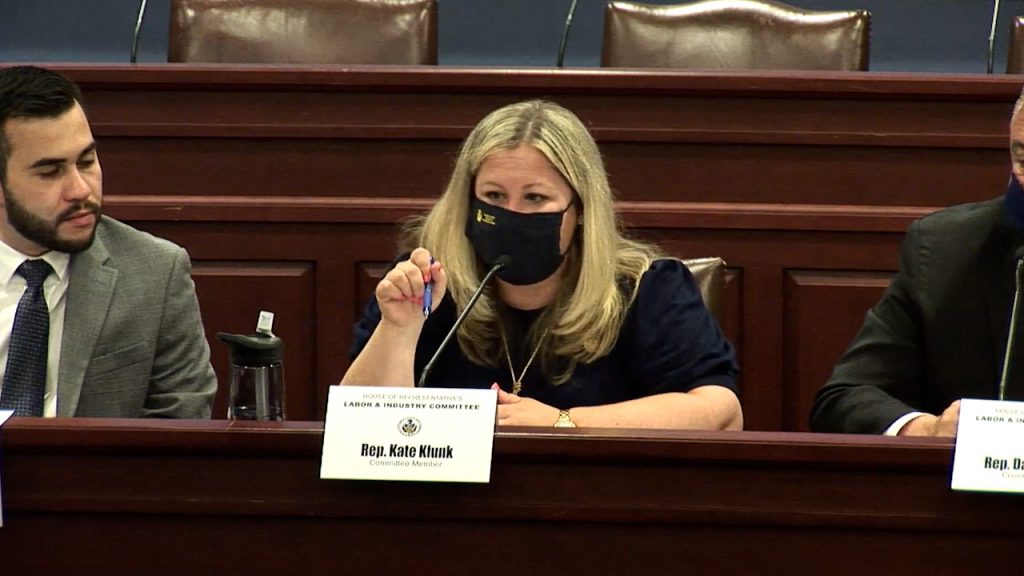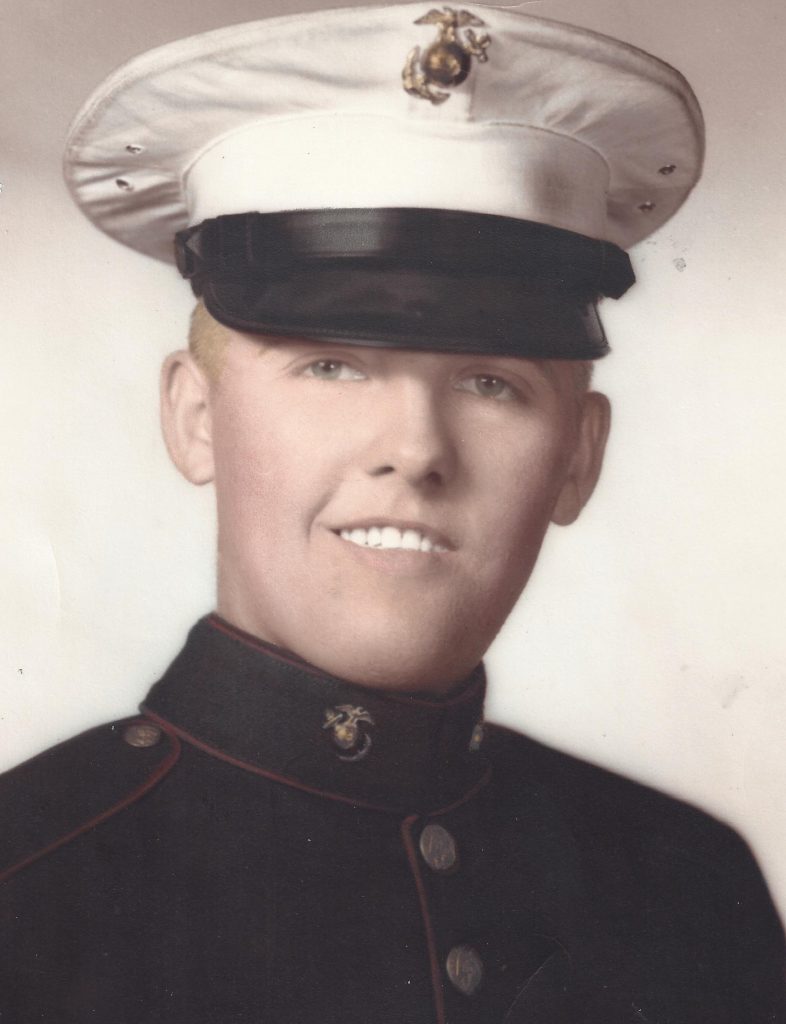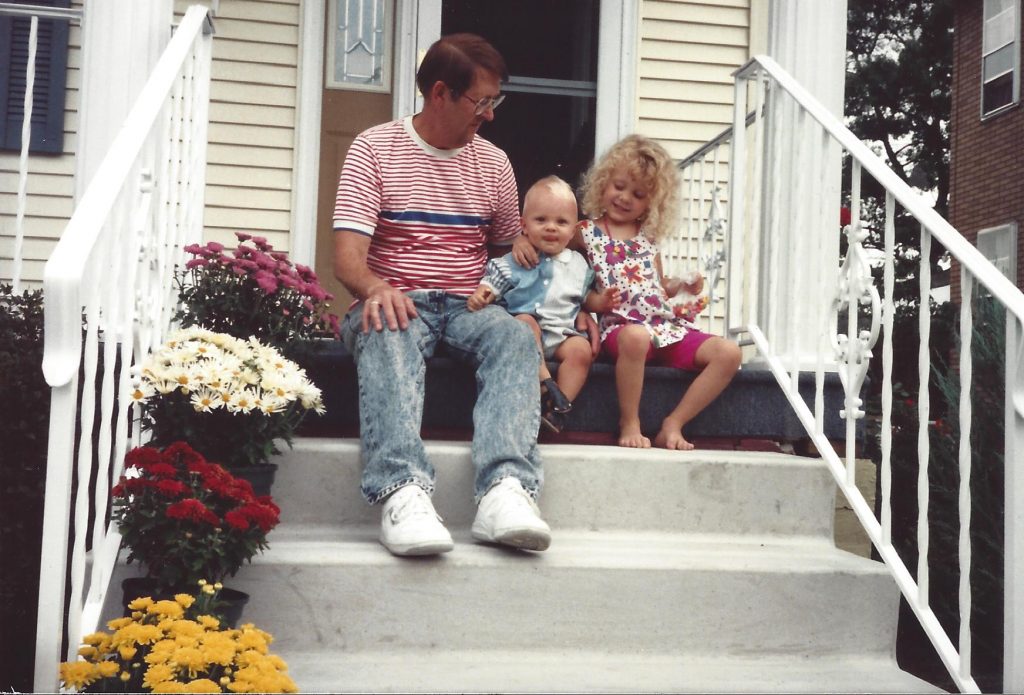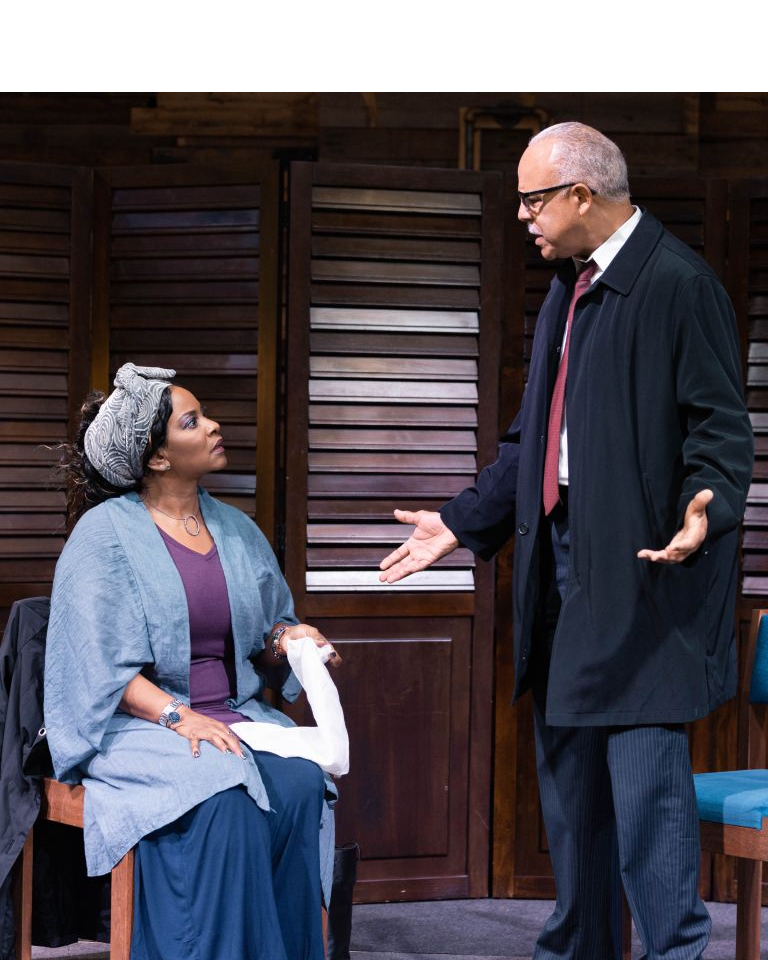By Bonnie Finnerty, Education Director

What to do about the vast number of poor, starving children? That was the question that Jonathan Swift, best known for writing Gulliver’s Travels, answered in his 1729 essay A Modest Proposal. In response to the poverty that crippled Ireland at the time, Swift offered what he believed to be a win-win proposition. Having been told that “a young healthy child well nursed is at a year old a most delicious, nourishing, and wholesome food, whether stewed, roasted, baked, or boiled…” Swift recommended that children “at a year old be offered in sale to the persons of quality and fortune” for their consumption.
In this way, “the constant breeders will be rid of the charge of maintaining them after the first year.” The population of the lower class will be kept in check, the appetites of the rich satisfied, and the well-being of the ruling elite preserved.
Swift’s piece was, of course, satirical. Even his contemporaries recognized that. He did not want to kill poor children and feed them to the rich. He did not espouse cannibalization. His point in proposing such a ridiculous notion was to highlight the failure of politicians to address the very real problems of his day.
Yet, Swift’s sinister solution has taken root in our modern culture, albeit in a less conspicuous, but no less distasteful, form. While thankfully we are not killing one year olds to feed the wealthiest in society, tragically we are killing unborn babies en masse and using their livers, hearts, brains, scalps, and more to “feed” scientific research. An entire industry has risen from this…one that starts with the abortion provider, moves to a tissue procurement company, and ends at university-level research labs.
It’s a lucrative business. Past invoices indicate intact fetal hearts from a child 18-24 weeks gestation sell for $595. Half of a pre-natal liver for $350. A thymus for $500. Lives of unwanted babies are ended and their muchwanted body parts commodified. (Click HERE to see documentation.)
In an even more ghoulish turn, there are allegations that the hearts of babies may still be beating at the time of organ harvesting. Grant applications from the University of Pittsburgh to the National Institute of Health reference “ischemia,” the point at which organs lose their blood supply, and indicate that does not happen until “after the tissue collection procedure.” The implication is that babies are born alive and killed by dissection. In this way, pristine tissue and in-tact organs, the coveted “gold standard”, are obtained for research.
Utilitarianism at its best. Or at its worst. Babies are being killed for the “sin of unwantedness” and their body parts collected and sold to the highest bidder. And sometimes those babies might be alive when they are cut open. We would not do this to puppies (rightfully so), but we will do it to the unwanted child. And then justify it because it is, after all, in the name of science.
What a Swiftian notion! Eliminate the undesirables, and in the process, utilize them for the betterment of the born. What was once a work of fiction has materialized into a real-life horror story.
Shame on us if we let this continue. We must stop this cannibalization of the most innocent and vulnerable. If we are to truly progress as a society, we must use ethically-obtained tissue for future medical research, not feed our babies to the scientific elites.
To sign our petition to the University Of Pittsburgh Board Of Trustees, click here.


